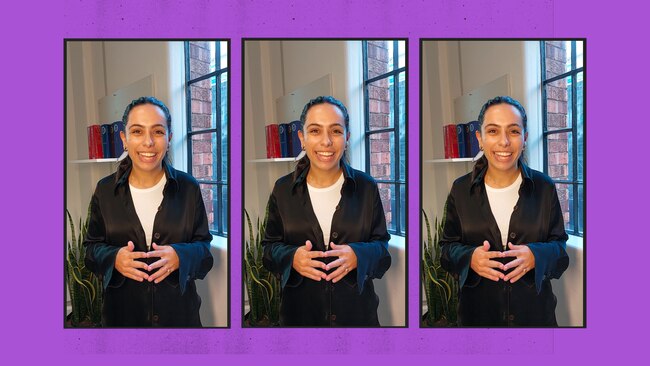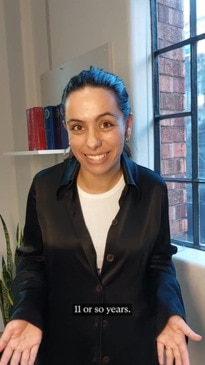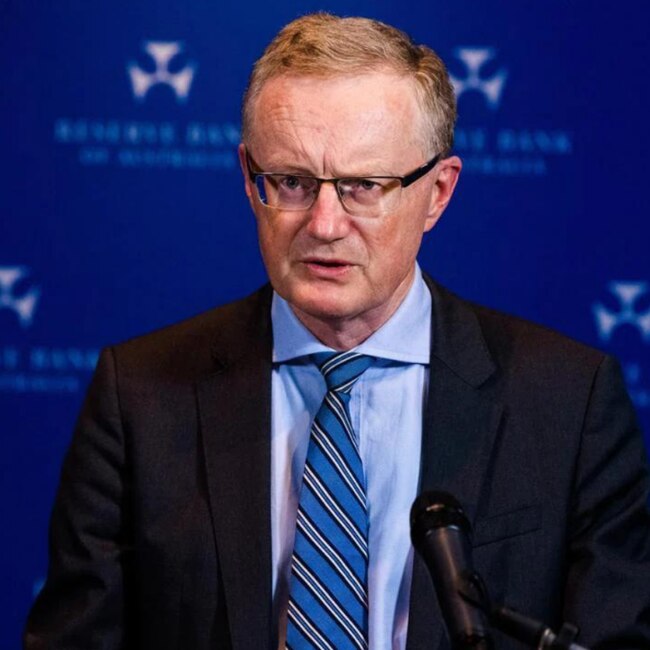It's a bad day to be a homeowner
The interest rate has been hiked for the first time in 11 years.

The interest rate has been hiked for the first time in 11 years.
Well, it’s happened.

All suggestions that the official interest rates would stay at the historic lows they’ve dwelled on for most of our living memory went out the window when Phil Lowe, boss of the Reserve Bank of Australia (aka the RBA, aka the central bank) raised the rate from 0.1% to 0.35%.
Tuesday's chaos
When Covid kicked off in 2020, Phil Lowe dropped Australia’s (already low) interest rate to 0.1%.
People were encouraged to buy houses because the cost of getting a mortgage was so cheap. And, because their mortgages were cheap, they were comfortable spending on general goods as well. We’re talking Netflix subscriptions, iPhones, and 24 packs of Diet Coke.
But then the cost of living (read: inflation) went up, and we were forced to spend $7 on an almond flatty or $5.50 on an iceberg lettuce.
This came as a bit of a shock to Lowe, who had promised the interest rate wouldn't go back up until 2024.

However, on Tuesday he raised them to 0.35%, declaring “the time was right” to cool-down the economy and bring the cost of living back down.
"The inflation surprise has really been a big one," he said.
“There is also evidence that wages growth is picking up. Given this, and the very low level of interest rates, it is appropriate to start the process of normalising monetary conditions.”
Commercial banks aren't required to adopt the RBA's cash rate, but in this case three of the big four banks already have.
Commonwealth Bank, ANZ and Westpac have all raised their mortgage rates to 0.35% - bad news for anyone with a variable home loan.
Why do we need to raise the interest rate to lower inflation?
Put simply, if people are anxious about the size of their mortgages, they're less likely to be splashing cash in other places.
By raising the interest rate, Lowe is effectively encouraging people to save their money rather than spend it. If consumers are spending less, price of general goods go down because there is less demand for them.
Who’s this going to hurt?
Firstly, homeowners. If you own a house and your mortgage rate isn’t fixed, it’s going to be bumped up.
And secondly, but not immediately, renters. If your landlord’s mortgage isn’t fixed, then it is going to be raised with the interest rate hike. Chances are they might put up your rent to cover that cost.
And who are the winners
In theory we should start to see some better rates for our savings accounts which have offered paltry returns for a long time now.
And hopefully all of us... if inflation does eventually come down.
Timing is everything
It can’t escape anyone’s attention that this is all going on during a federal election campaign.
The last time the interest rate was hiked in an election campaign was during the 2007 election where John Howard lost his long-standing prime ministership to Kevin Rudd.
Scott Morrison said the interest rate bump wasn’t political and he’s got a point - the RBA is independent of government and should be treated that way.
Time will tell if it makes a difference at the polls.



